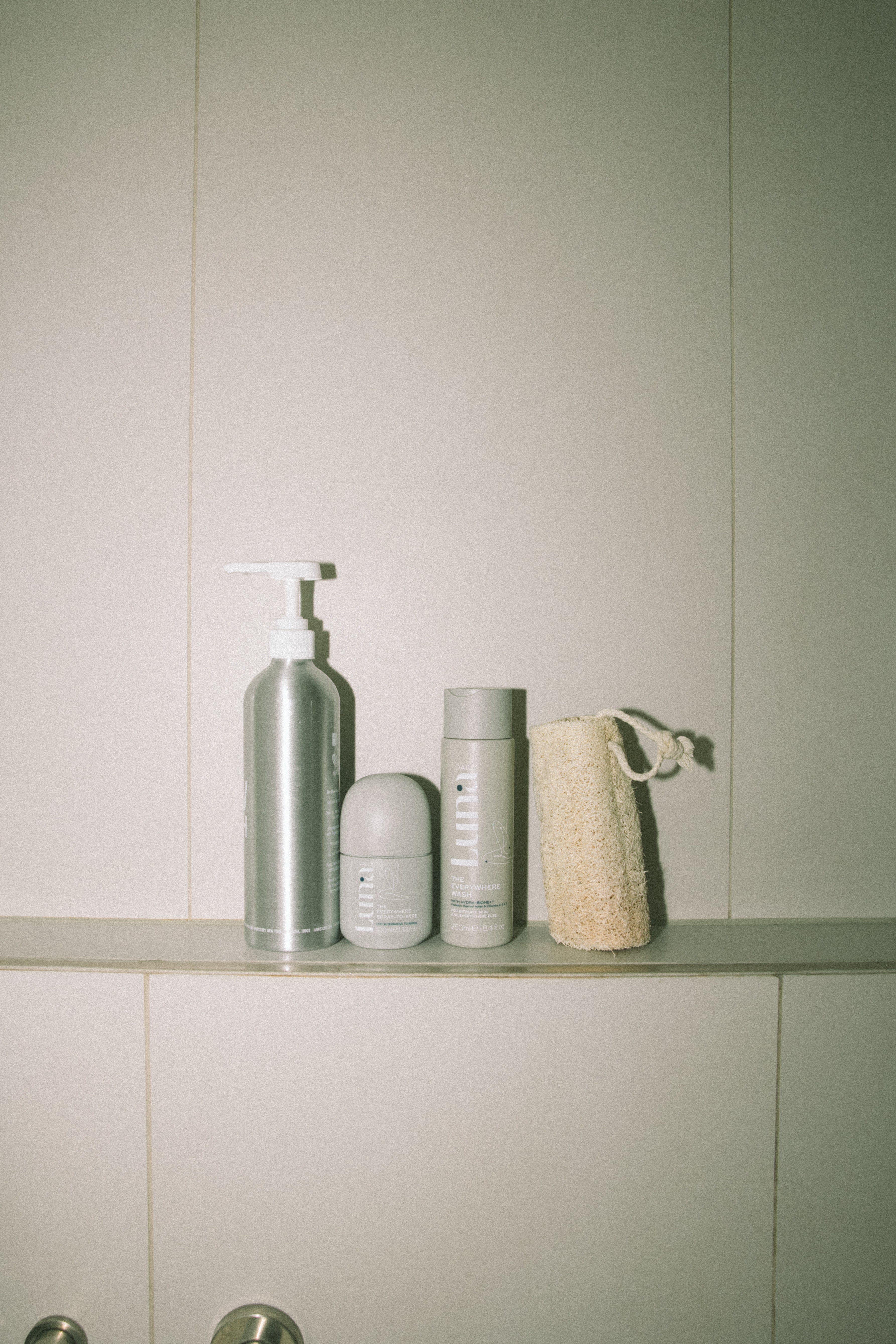Cervical cancer is commonly caused by a transmitted infection called human papillomavirus (HPV) which is transferred through skin-to-skin sexual contact, and common for nearly all women to come into contact with at some stage during their adult life. All girls aged 12 or 13 in the UK are routinely offered the HPV vaccine at school, which is a fantastic public health initiative because these vaccines protect against the strains of HPV that are most likely to cause cervical cancer.
The most common symptom of cervical cancer is vaginal bleeding at times other than when you are having a period, for example between periods, after or during sex, or at any time if you are post-menopausal. Some women also experience vaginal discharge with an unpleasant smell, and discomfort or pain during sex. But some symptoms of cervical cancer are not obvious, so it’s vital to get your cervical smear when you are due, as that’ll pick up on any abnormalities.
If you have any of the symptoms listed above, be sure to see your doctor – particularly if symptoms are not normal for you, or if they are persistent and repeated occasions. Most women with symptoms like these do not have cancer, but being aware of what the symptoms are means you’re more likely to spot if something’s amiss.











